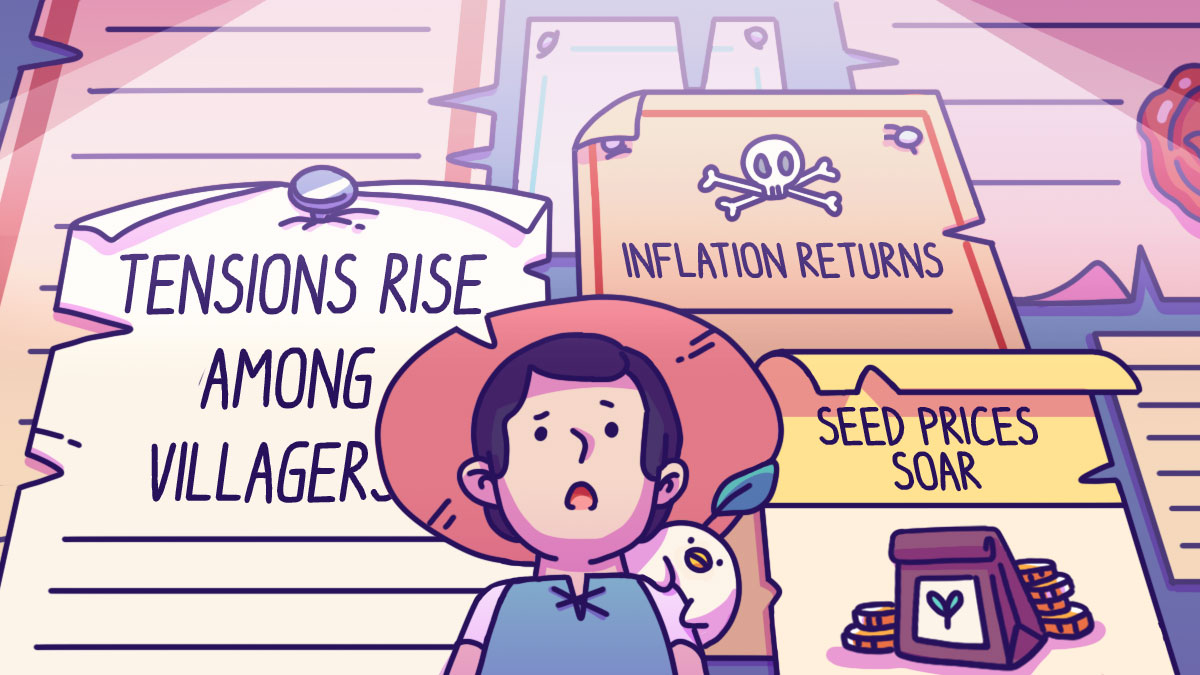
Module 2

Geopolitical Events and Its Impact on Investments and Market Volatility
When The World Gets Messy, Here's How Jack Stays Steady
When global headlines report on wars, trade tensions, or sudden policy shifts, many of us tend to think, “That’s their problem. It doesn’t really concern me.” But the markets tell a different story.
In today’s interconnected world, geopolitical events – even those happening far away from you – don’t just affect headlines. They can shake markets, redirect capital, and reshape the financial future of anyone, anywhere. These events affect the prices of goods, shift investor sentiment, drive market volatility, influence currency values, and disrupt trade flows, ultimately shaping economic conditions worldwide.
Let’s revisit the Jack and the Beanstalk story. Jack wasn’t a trader or an investor; he was a farmer, more familiar with soil than spreadsheets. But what if, out of nowhere, two neighbouring villages began to fight? While the conflict doesn’t involve Jack’s village directly, he soon realises that even distant tremors can ripple all the way to his humble plot of land.
Global shocks trigger market movements
Remember when the Covid-19 pandemic hit? People rushed to buy toilet paper, and panic buying emptied supermarket shelves within hours. Demand for healthcare products, household staples, and online services skyrocketed, while tourism, entertainment, and aviation collapsed. Businesses that were once considered ‘safe’ suddenly found themselves without customers.
Investors did not stay idle. They pulled money from sectors that were deemed ‘risky’ and redirected it toward more resilient industries. Within months, the global economic landscape had shifted, and companies had no choice but to pivot – or collapse.
Now imagine if in Jack’s story, a similar ripple effect reached his village. When a land dispute erupted between two neighbouring villages, tension spread quickly. The local market emptied out. Traders shut their stalls early out of fear. Residents stayed home. Local eateries, tailors, and even barbers began to complain as there were no customers in sight.
And yet, one thing remained steady: the fields. Seeds were still planted, soil still turned, and harvests still awaited. Jack observed how the farmers carried on despite the tense atmosphere. After all, even in chaos, people still needed food. While no one was buying new clothes, they still came looking for rice, vegetables, and eggs.
That was when Jack began to see farming differently. It wasn’t just a family tradition or a daily routine, it was a form of protection. In uncertain times, his field became a source of stability. And even then, Jack started thinking about new opportunities to generate more income from the land.